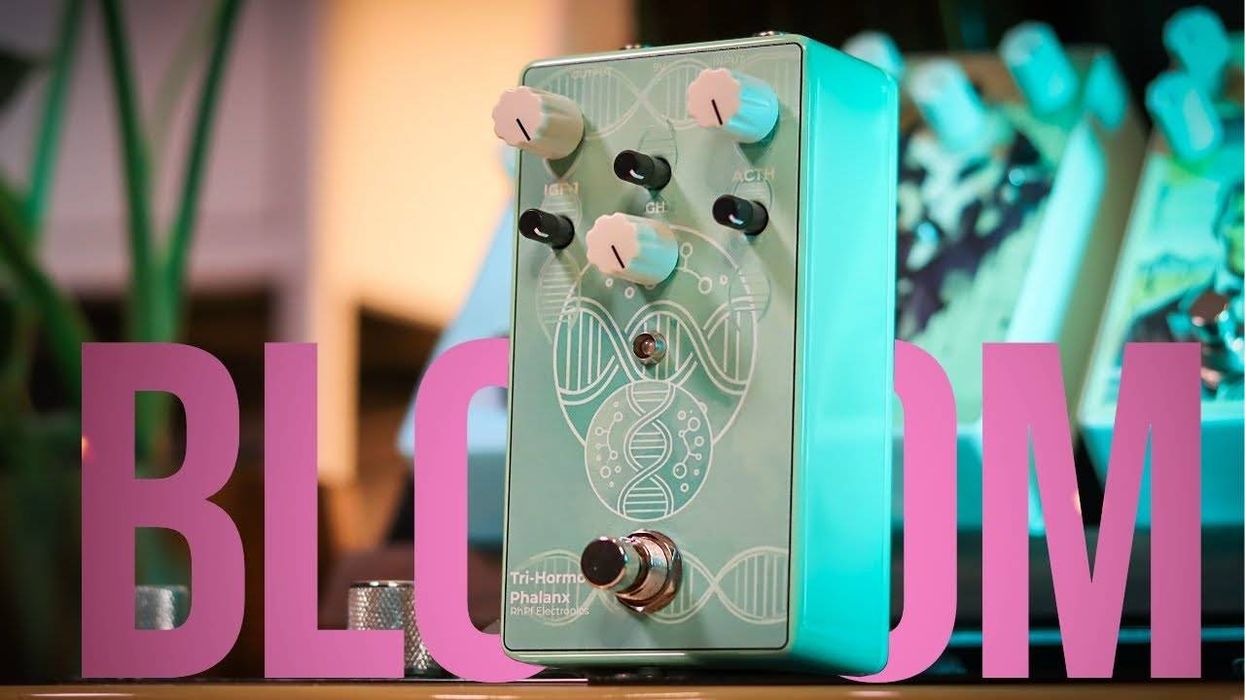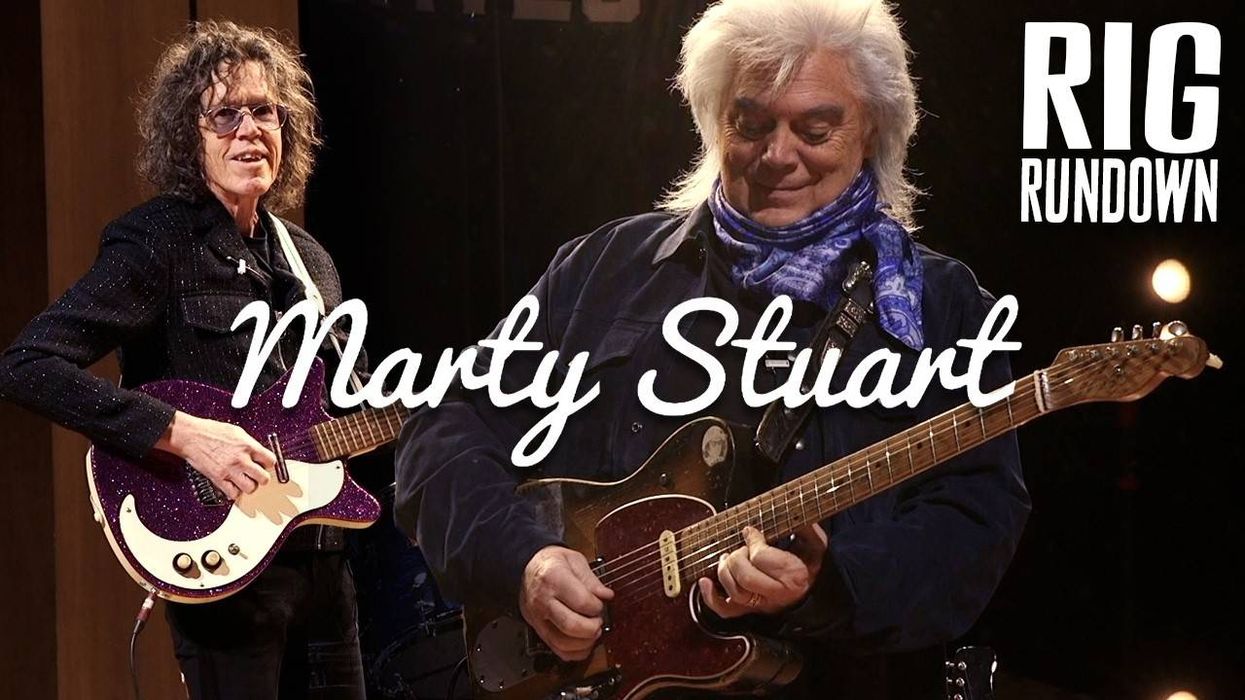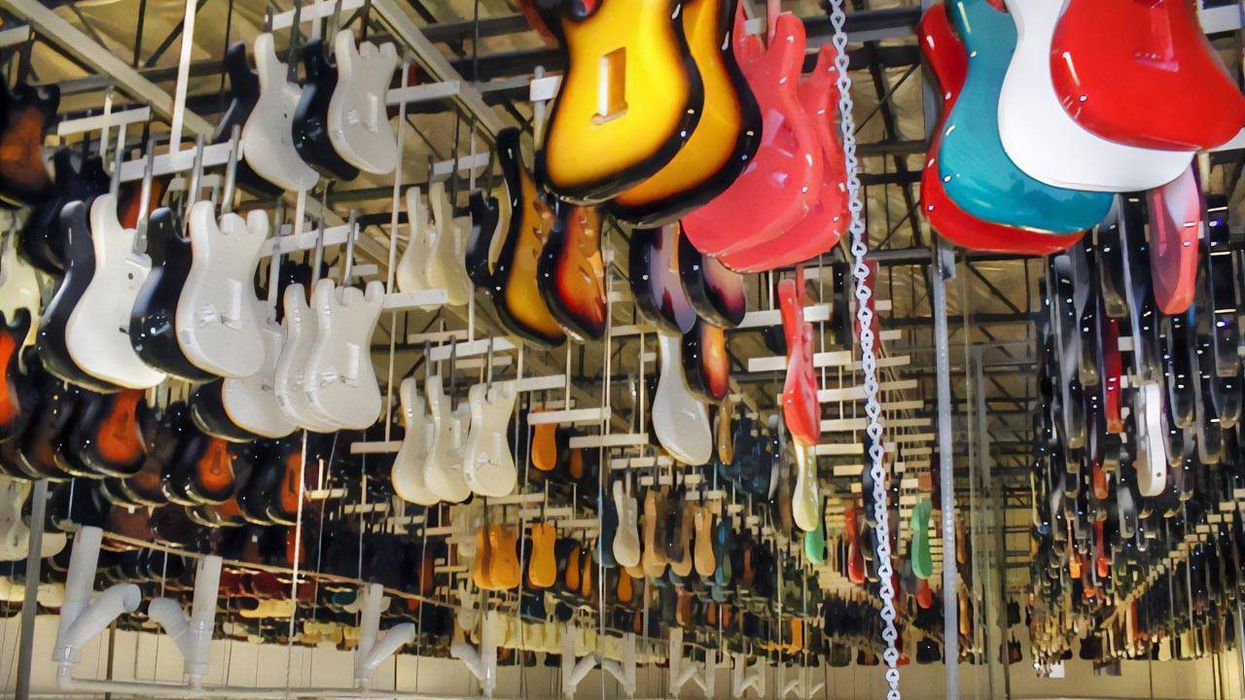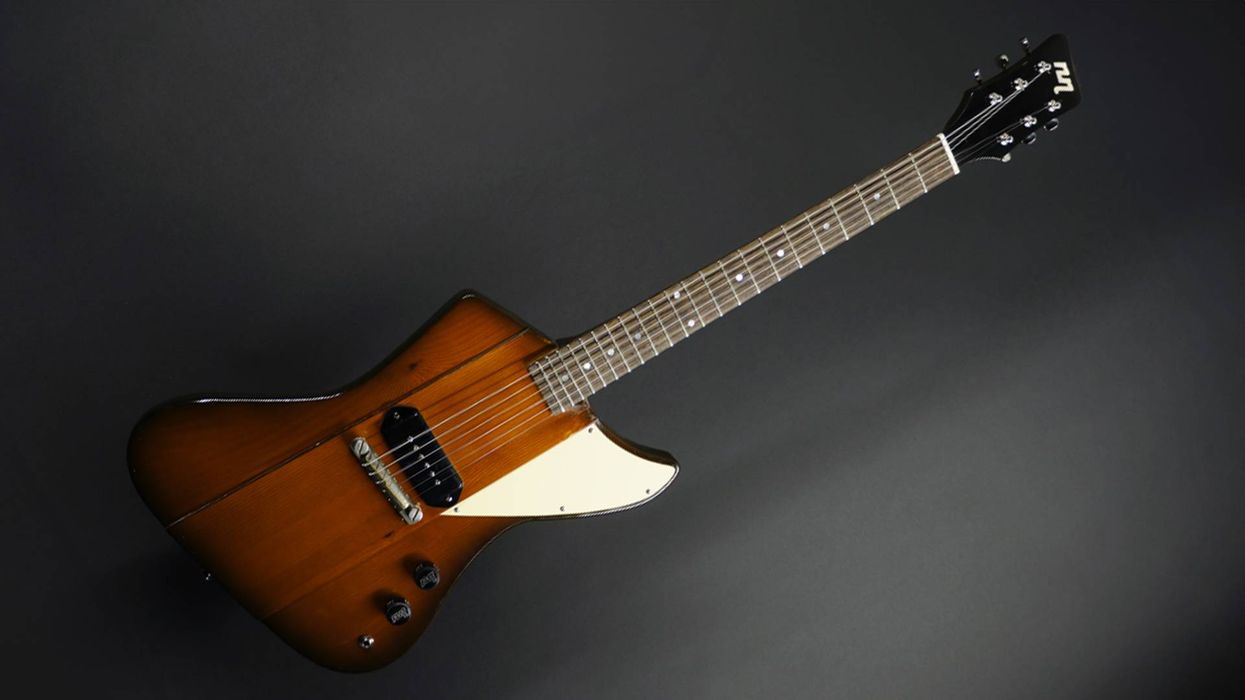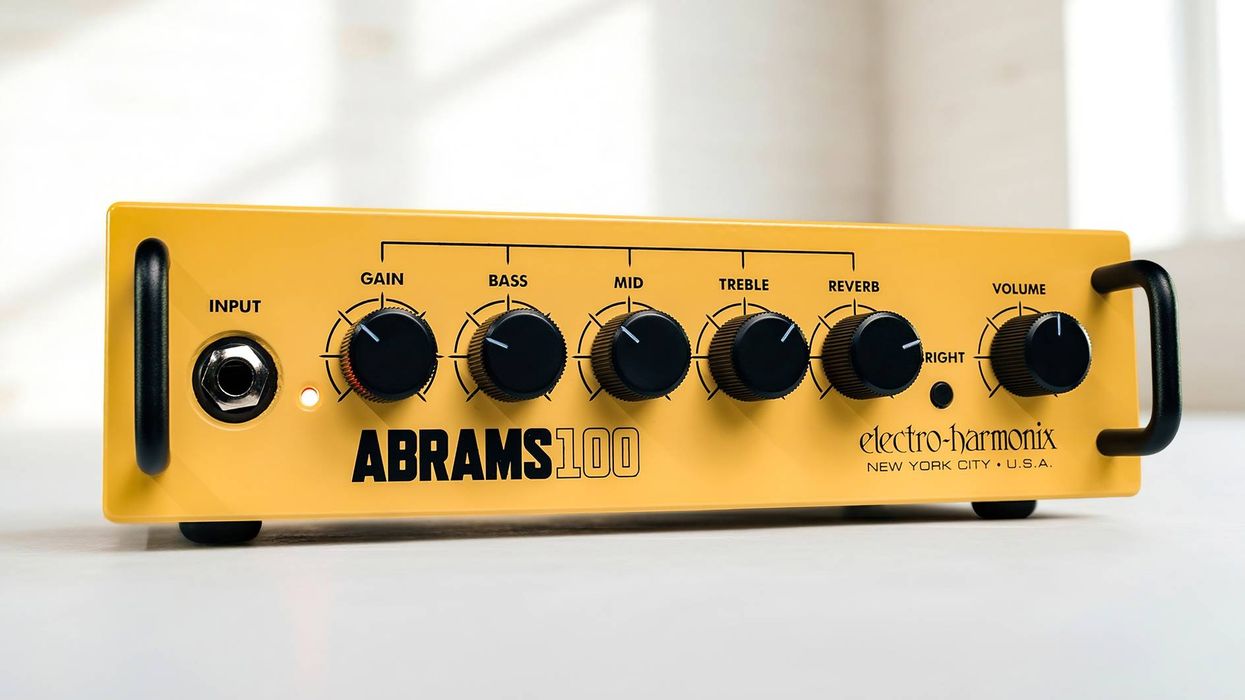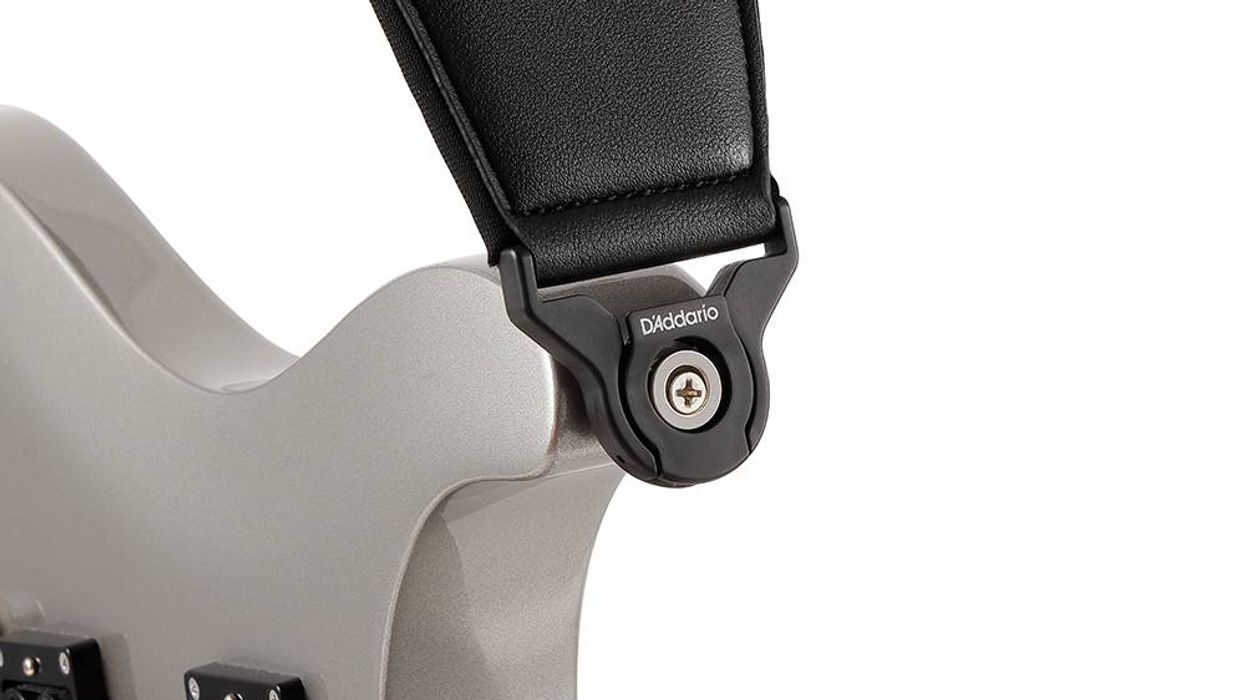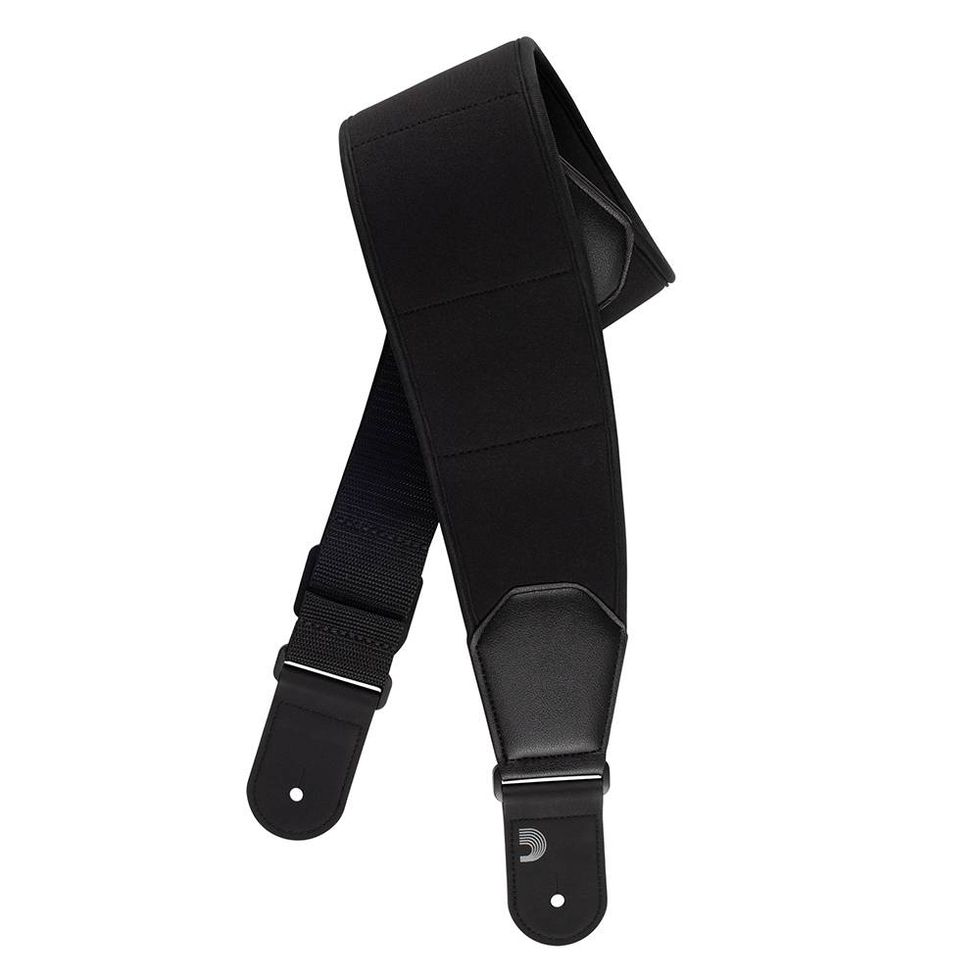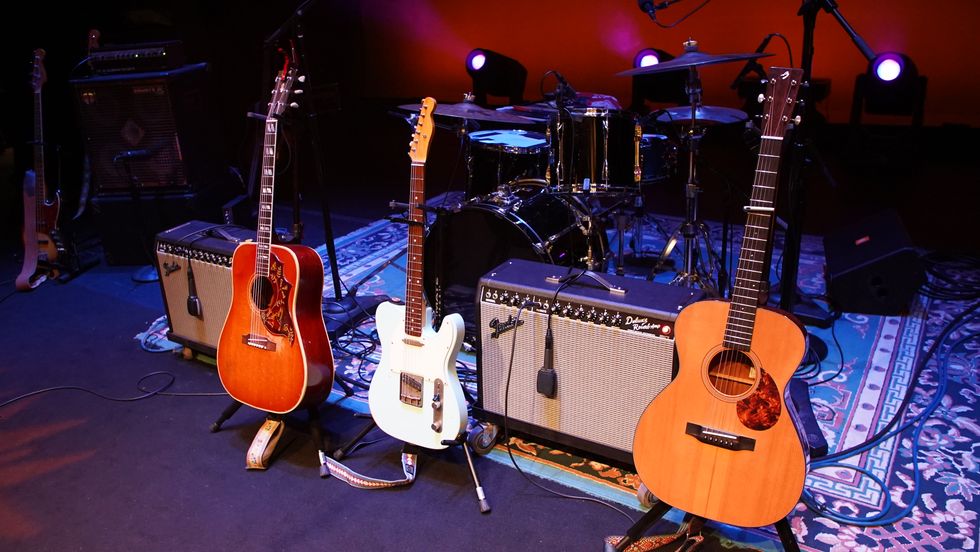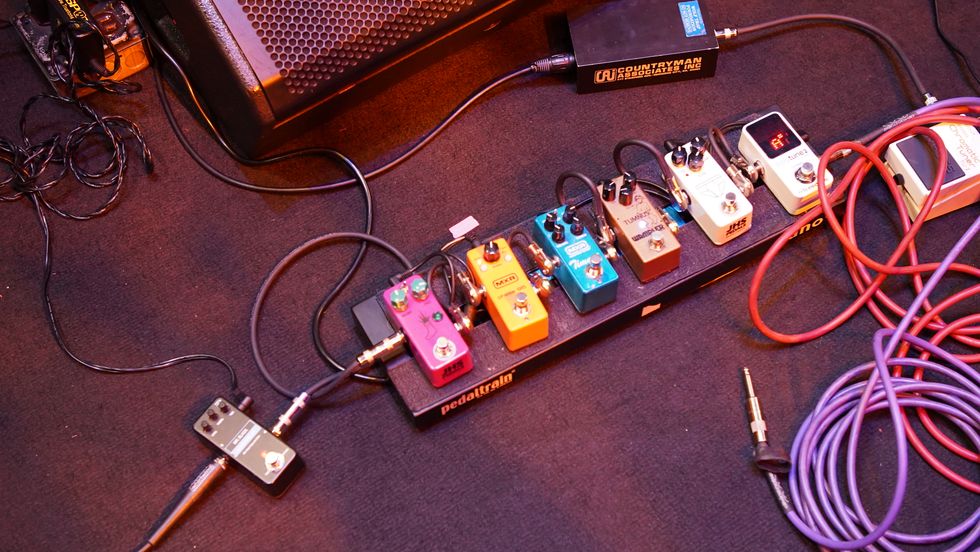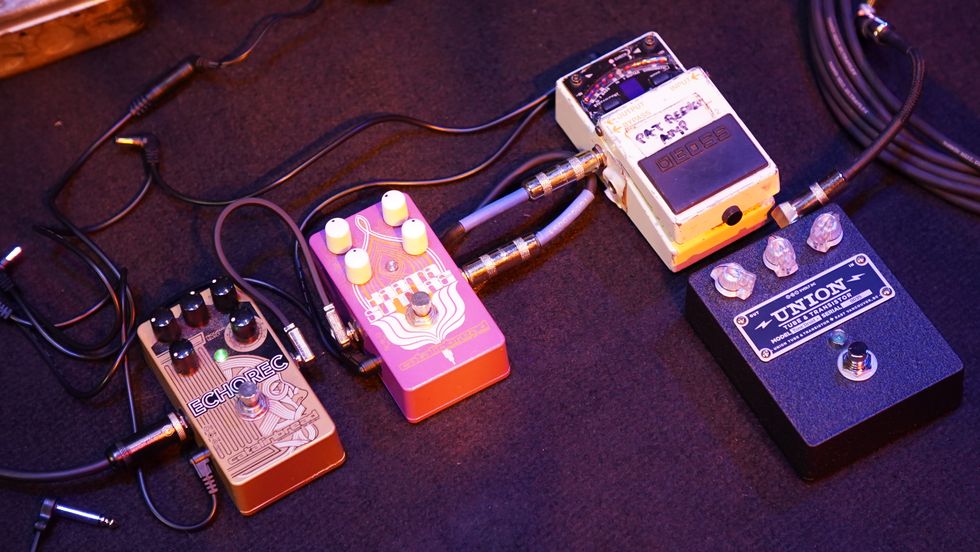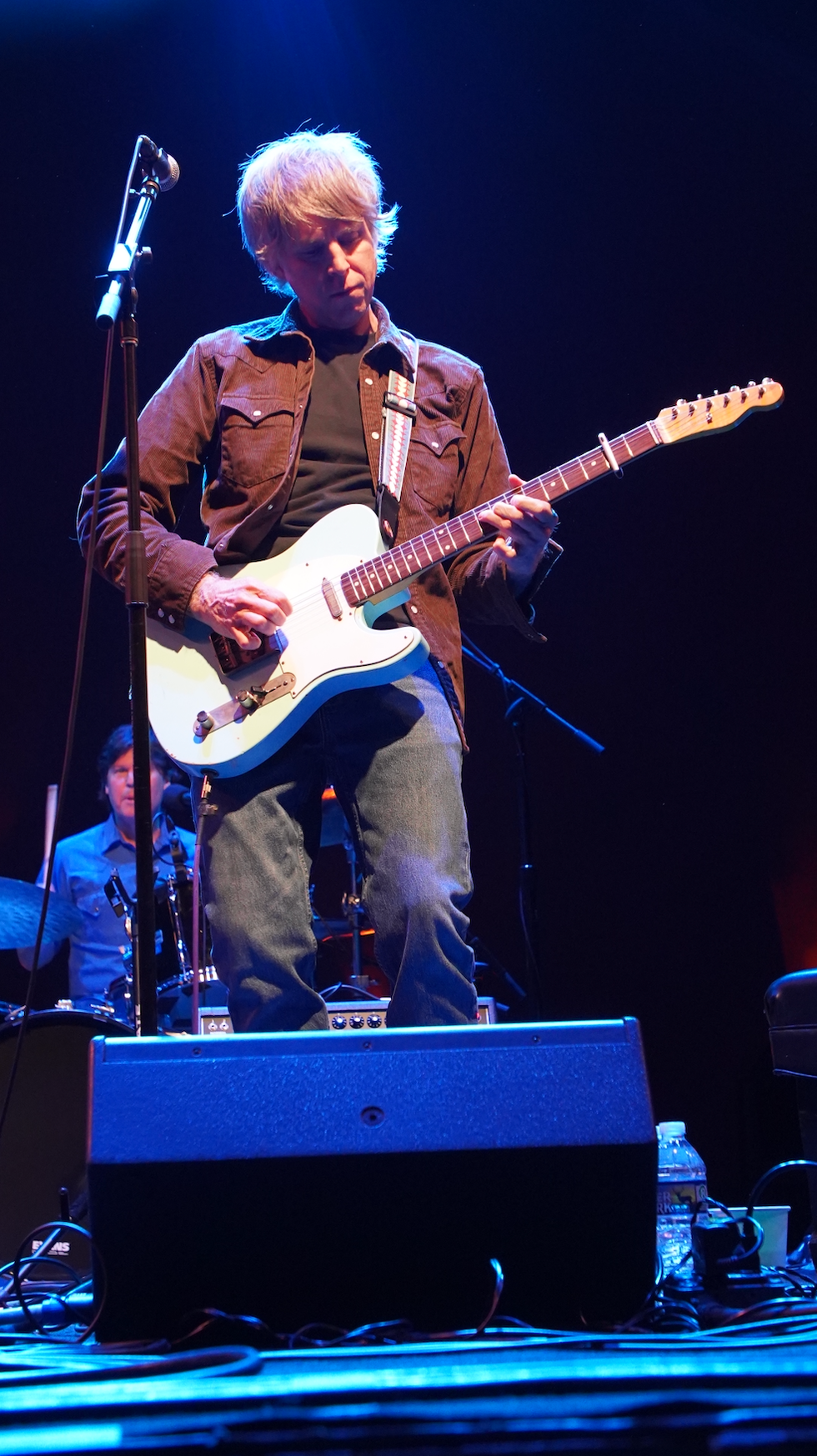As I sit in my comfortable hotel room in the heart of Shinjuku, one of the major metropolitan areas of Tokyo, I am struck by the evolution of my own generalizations and stereotypes about Japan. I feel so fortunate to have experienced this culture firsthand in my previous ten visits here, and this time find myself going to the brand new Billboard Live club in the Roppongi area to record 12 shows with Larry Carlton and Keb Mo for release as a live CD early in 2008. Before I came here, however, my image of Japan came from movies – a sentiment I almost certainly share with most Americans.
I can honestly say I love Japan. Touring here is quite amazing, as anyone who tours the world on the pro music circuit will attest. Guitars and guitar players are incredibly popular here and you are so hip if you even own one. Just imagine being here with Larry Carlton and Keb Mo together!
As an example, Larry’s shows here are frequented by the Japanese superstar guitarist Tak Matsumoto, who has managed to join the ranks of Gibson Signature Artists like Larry, B.B. King, Joe Perry, Jimmy Page and Ace Frehley. As leader of the Japanese rock band, B’z, Tak Matsumoto has taken his trademark Gibson Les Paul to the top of the charts with album sales nearing 60 million.
Sold-out stadium tours and the constant media clamor surrounding Tak Matsumoto caught the attention of Gibson, who quickly made him their first Asian signature artist. “There is a lot of great music coming out of Japan right now and Tak is the number one guitar player in Asia and in Japan, no doubt,” said Gibson CEO Henry Juszkiewicz. “He’s a loyal Gibson player, a major influence on young guitarists and a superstar. We couldn’t be more proud to work with Tak to produce a Signature Les Paul.” To fans in Japan, Tak Matsumoto is fast approaching legendary status as a rock guitar icon.
Japan is also known for collecting vintage guitars. Famous collectors like Kunio Kishida from the vintage guitar stores Nancy in Tokyo and Nagoya can also be found repeatedly attending Larry and Keb’s shows. “The guitar is more than an icon for rock music here in Japan,” Kunio says. “It represents a new generation, individuality, and freedom. All that adds up to a profound effect on the culture here and the society as a whole.”
For most of us, we think of Tom Cruise thundering across the battlefields of Meiji Restoration Japan in The Last Samurai, in pursuit of the doomed Bushido honor code and the enlightened spirituality of Zen Buddhism or Bill Murray in Lost in Translation, Sofia Coppola’s indie portrait of alienated Americans in Tokyo. Nearly half the action in the first volume of Kill Bill, with its rapturous, over-the-top homage to yakuza, manga and other Japanese genre films, takes place in a surreal movie-land Japan, subtitles and addled accents flying. The Australian movie, Japanese Story, which won the Australian Film Institute’s Best Picture Award – that country’s equivalent to the Academy Award – is about a geologist who falls into an unlikely romance with a Japanese businessman who travels to Australia to escape the obligations of work and family.
The settings that unite these movies may seem racist, naive, well-intentioned, accurate, or all of the above. Yet I see the intensity of these representations evident in every show we do here. The equipment is handled gingerly and copious amounts of friendly and helpful technicians are ready to lend a hand at every turn. Photos and measurements are taken regularly and emailed to the next venue to expedite a precise setup. Standing ovations from audiences are rare, but enthusiastic, unison clapping commonly inspires encores. Passion, humor, love, and kindness are easily recognized in the faces of the audiences as well. We are often showered with gifts from fans. Musicians and crew are honored here. But the capper for me is the ubiquitous sense of honor that will simply blow your mind.
Consider the following the next time you experience Japan represented in the media. In the Japanese language, it is considered rude to say the word “no” directly. There is no tipping here – not for bellmen, waitresses, skycaps, etc. There is almost no vandalism in Japan. The doors to Japanese houses open outward instead of inward so they don’t hit the shoes left in the front entrance. Japan is about the size of California and has roughly half the population of the entire United States. The sun is red in Japan, hence the flag, and the country itself is referred to by Japanese people as “the land of the rising sun.”
In the future, guitars and guitar players may somehow vicariously become the ambassadors of cultural diversity and the avengers of “the land of the rising stereotypes.” Arigato gozaimasu!
Rick Wheeler
Rick Wheeler currently works as Larry Carlton’s guitar tech and front of house engineer. He is also an accomplished jazz guitarist, vocalist, and educator. You can contact Rick at rickwheeler@hughes.net

